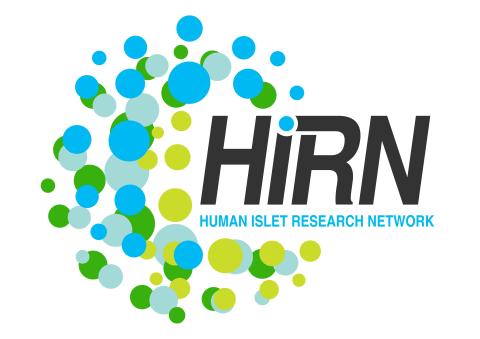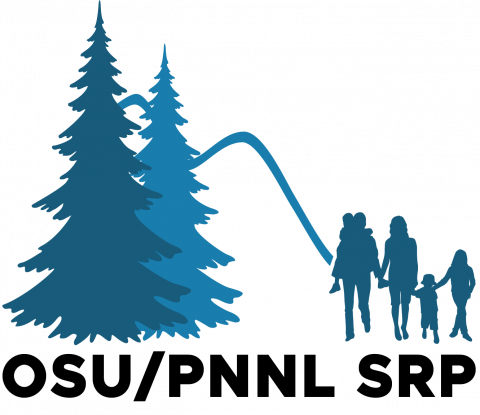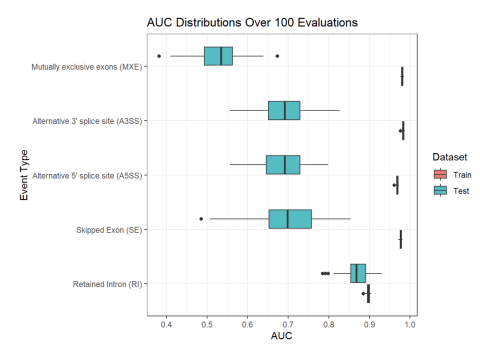Citation: Gosline, S.J.C., Kim, D.N., Pande, P. et al. The Superfund Research Program Analytics Portal: linking environmental chemical exposure to biological phenotypes. Sci Data 10 , 151 (2023). https://doi.org/10.1038/s41597-023-02021-5 Funding Acknowledgments The research reported herein was...
Filter results
Content type
Tags
- (-) Type 1 Diabetes (6)
- (-) Synthetic (5)
- (-) Processed Data (4)
- Virology (79)
- Immune Response (53)
- Time Sampled Measurement Datasets (50)
- Gene expression profile data (47)
- Differential Expression Analysis (46)
- Homo sapiens (34)
- Mass spectrometry data (30)
- Multi-Omics (28)
- Health (23)
- Virus (23)
- Viruses (23)
- MERS-CoV (18)
- Mus musculus (18)
- West Nile virus (13)
- Ebola (11)
- Influenza A (11)
- Resource Metadata (8)
- Microarray (7)
- Human Interferon (6)
- Machine Learning (6)
- Omics (6)
- Omics-LHV Project (6)
- Autoimmunity (5)
- Biomarkers (4)
- Molecular Profiling (4)
- Predictive Modeling (4)
- Proteomics (4)
The Human Islet Research Network (HIRN) is a large consortia with many research projects focused on understanding how beta cells are lost in type 1 diabetics (T1D) with a goal of finding how to protect against or replace the loss of functional beta cells. The consortia has multiple branches of...
Datasets
0
This data is a model of synthetic adversarial activity surrounded by noise and was funded by DARPA. The various versions include gradually more complex networks of activities.
Category
Datasets
1
This data is a model of synthetic adversarial activity surrounded by noise and was funded by DARPA. The various versions include gradually more complex networks of activities.
Category
Datasets
1
The Environmental Determinants of Diabetes in the Young (TEDDY) study is searching for factors influencing the development of type 1 diabetes (T1D) in children. Research has shown that there are certain genes that correlate to higher risk of developing T1D, but not all children with these genes...
Datasets
1
The Diabetes Autoimmunity Study in the Young (DAISY) seeks to find environmental factors that can trigger the development of type 1 diabetes (T1D) in children. DAISY follows children with high-risk of developing T1D based on family history or genetic markers. Genes, diets, infections, and...
Datasets
1
Last updated on 2024-02-11T22:41:43+00:00 by LN Anderson PNNL DataHub NIAID Program Project: Modeling Host Responses to Understand Severe Human Virus Infections, Multi-Omic Viral Dataset Catalog Collection Background The National Institute of Allergy and Infectious Diseases (NIAID) "Modeling Host...
Category
Datasets
45
Machine learning is a core technology that is rapidly advancing within type 1 diabetes (T1D) research. Our Human Islet Research Network (HIRN) grant is studying early cellular response initiating β cell stress in T1D through the generation of heterogenous low- and high-throughput molecular...
Datasets
3
Category
Datasets
1
Category
Datasets
7
This data was generated by the organization IvySys. Activities can be phone calls, transactions, or any other type of communications. Most of the files are of the type .edges, .rdf, or .csv; but all can be opened in a text editor. A good introduction to this data can be found in \Tutorial1\MAA...
Category
Omics Lethal Human Virus, SARS-CoV Experiment SM001 New uploads pending The purpose of this experiment was to evaluate the human host response to Severe Acute Respiratory Syndrome coronavirus (SARS-CoV) wild-type virus. Sample data was obtained for 20 week-old C57BL/6J mouse lung tissue infected...
Category
The OSU/PNNL Superfund Research Program (SRP) represents a longstanding collaboration to quantify Polycyclic Aromatic Hydrocarbons (PAHs) at various superfund sites in the Pacific Northwest and assess their potential impact on human health. To link the chemical measurements to biological activity...
Category
Inclusion levels of alternative splicing (AS) events of five different varieties (i.e. skipped exon (SE), retained intron (RI), alternative 5’ splice site (A5SS), alternative 3’ splice site (A3SS), and mutually exclusive exons (MXE)) were measured in human blood samples from two separate cohorts of...
A total of 172 children from the DAISY study with multiple plasma samples collected over time, with up to 23 years of follow-up, were characterized via proteomics analysis. Of the children there were 40 controls and 132 cases. All 132 cases had measurements across time relative to IA. Sampling was...











